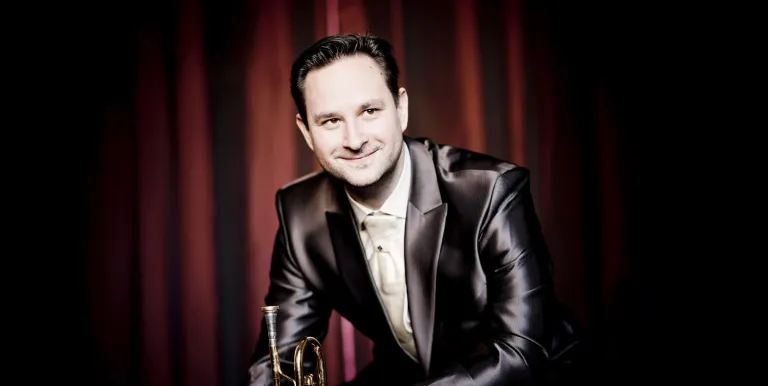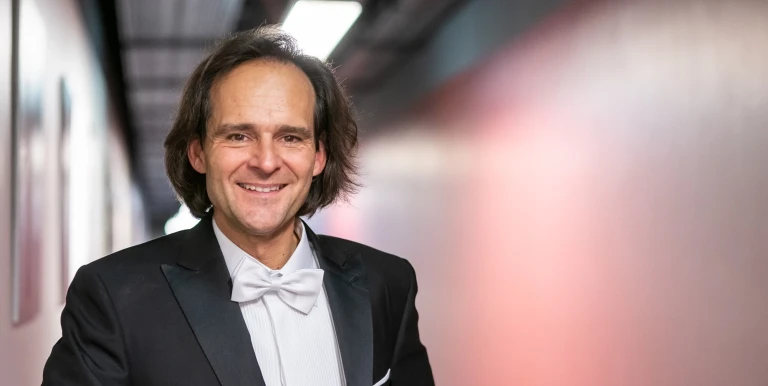one interval
Conductor:
Featuring:
Wagner
Der fliegende Holländer - Die Frist ist um (The Dutchman's Monologue from Act 1)
Liszt
Via crucis
Liszt - Victor Hugo - Norbert Káe
Oh, quand je dors
This concert by the Pannon Philharmonic will take the audience on a journey from one of Haydn's early symphonies written for a small orchestra through Lalo's Symphonie espagnole, a work full of Mediterranean romance that resembles a violin concerto, all the way to Scriabin's The Poem of the Ecstasy, a work that embraces all the senses and every available musical device.
In this sense, therefore, the concert follows the path of the development of the symphony - the audience will thus gain some profound knowledge of the symphony, as one of the most important genres in orchestral music. First to be played will be one of the early symphonies, dating from 1763, of the father of the classical symphony: Joseph Haydn. The composer was very young when he wrote it, while he was still working only as the second conductor of the Esterházy family's orchestra. The work is a chamber-type piece in terms of the number of musicians employed, which includes altogether five winds in addition to the strings, and not all of them with independent parts. The same cannot be said for Édouard Lalo's Symphonie espagnole. Composed more than a century later, the Spanish melodies are played by a full orchestra in a fully developed Romantic style. The other interesting aspect of it is the fact that the symphony is also a violin concerto at the same time, again in keeping with the tastes of the time and the need for variety.
The merging of genres comes to a climax with Alexander Scriabin: The Poem of Ecstasy is no longer a symphony in name, but rather a poem that captivates all the senses. although the composer himself did refer to it as his fourth symphony. The aim of the work is to reach the cosmos, sensuality and an experience of catharsis, and at the end of the work, the audience may find itself in - in the broadest sense of the word - an altered state of mind and in ecstasy. To this end, Scriabin uses an orchestra expanded to an extreme size and a chorus that sings in grandiose fashion at the end of the work.
Presented by: Pannon Philharmonic
-
We wish to inform you that in the event that Müpa Budapest's underground garage and outdoor car park are operating at full capacity, it is advisable to plan for increased waiting times when you arrive. In order to avoid this, we recommend that you depart for our events in time, so that you you can find the ideal parking spot quickly and smoothly and arrive for our performance in comfort. The Müpa Budapest underground garage gates will be operated by an automatic number plate recognition system. Parking is free of charge for visitors with tickets to any of our paid performances on that given day. The detailed parking policy of Müpa Budapest is available here.










